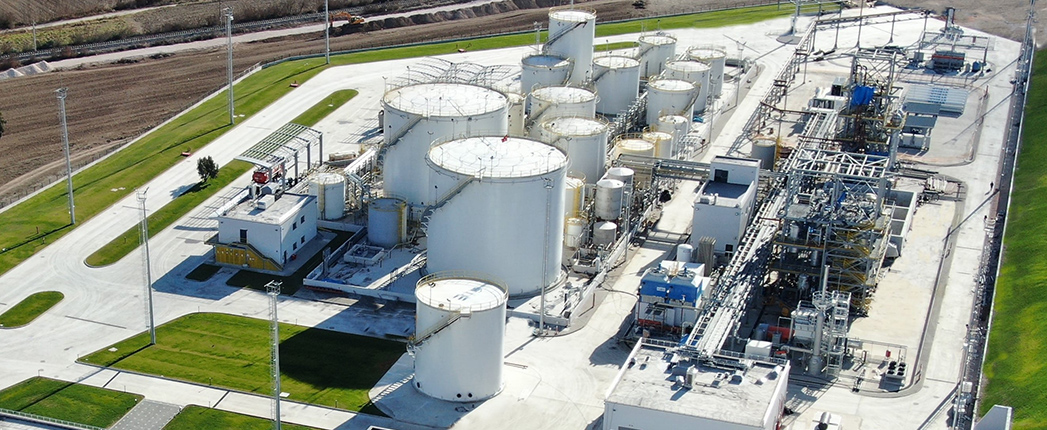
Turkish lubricant marketers are preparing for new government regulations that mandate including rerefined base stocks in the manufacture of finished lubricants and that also requires lube marketers to collect waste oil – steps meant to align with European Union environmental protections.
The regulation on waste oil management was issued in 2019. A December 2020 amendment raises the rates of rerefined base oil use and waste oil collection effective January 2022. According to the text of the amended regulation, published recently by the Turkish Ministry for Environment and Urban Planning, the share of rerefined base oils in the companies’ lube production should start at 8% in 2022. The portion will rise to 12% in 2023 and 15% in 2024. The ministry would then set percentage targets for subsequent years.
Under the amendment, lubricant producers must also collect a certain volume of waste oils as a percentage of their total lube output. The requirement kicks in this year at at least 10% then increases to 15% for 2022, 20% for 2023 and 25% for 2024. Again, the ministry will set targets in the future for subsequent years.
Industry insiders are hesitant to comment on the new regulation, seeing it as a novelty for the country’s lubricant industry. A spokesperson for Opet Fuchs, a 50-50 German-Turkish joint venture for production of lubricants, said the company would continue to evaluate the effects of this change on its business.
“This regulation is one of the reasons why rerefining and waste oil collectors are starting to be established in Turkey,” the spokesperson said. Opet Fuchs operates a 60,000 t/y blending plant located near Izmir.
The spokesperson said the company was not planning to import rerefined base oils because “imported rerefined base oils are not included in the rates specified in the regulation.”
The lube maker has to use products made by Tayras, which will be the only rerefinery in Turkey when it begins operation in May. Tayras’ greenfield facility is located about 180 kilometers southeast of Istanbul and has capacity to process 60,000 t/y of waste oil, with output of 45,000 t/y of Group II base oil.
An official from Petder, a Turkish oil industry association, declined to comment on the new regulation, saying the parties involved in the process continue to “exchange opinions with public institutions.”
According to the association, which is the only licensed waste oil collector in the country, Turkey generates about 300,000 t/y of waste oil. Petder collects about 20,000 t/y of waste oil, which is regenerated into usable products or incinerated. The remainder, 280,000 tons, is either uncollected or sold illegally for different purposes, the association found.
The authorities in Turkey are increasingly aware of the importance of waste oil collection to preserve the environment, and related ministries and government agencies support waste oil collection and rerefining.
From the environmental and sustainability standpoint, the idea of net-zero emissions and clean environment plays a key role in EU legislation. Turkey is negotiating with the bloc to become a full member state, and the talks include harmonization of national laws with that of the EU.
“The EU legislation is an important reference for setting national standards in Turkey,” Opet Fuchs said. The company is confident that the use of rerefined base oils in lubricant production and improvement of waste oil collection systems will be a huge step forward for the country’s future in the EU.